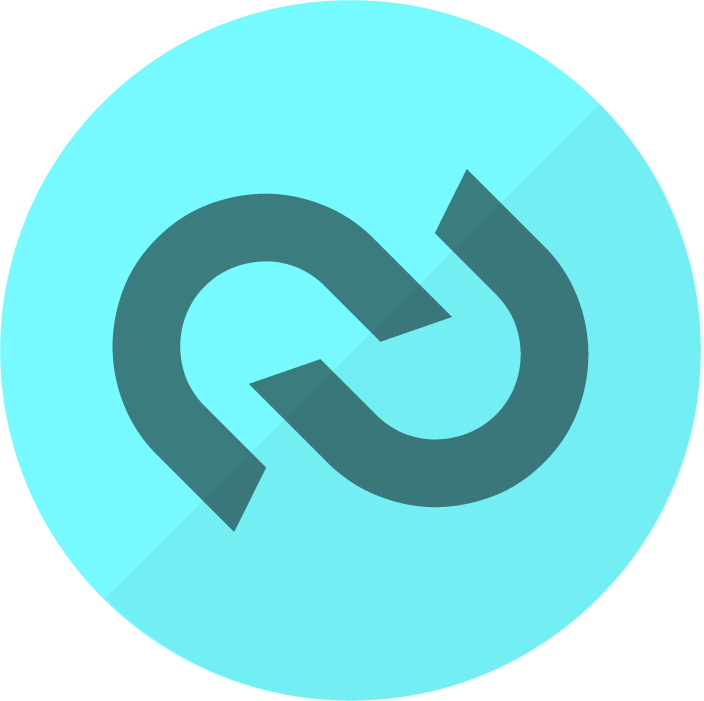21st Century Cures - Information Blocking Overview
In the 21st Century Cures Act, section 4004 indicates that an entity cannot information block. The rule applies to health care providers, health IT developers of Certified Health IT (so system developers), as well as health information networks (HINs) and health information exchanges (HIEs).

The 21st Century Cures Act includes Information Blocking rules for the healthcare IT community that came into effect April 5, 2021. In this video I'll provide an overview on who it applies to and what that provision is all about.
Video:
Video Transcript:
Hi there I'm Drae, the host and founder of the Draegan Network. An online community where health IT professionals can exchange ideas, share experiences and collaborate with one another on all things health IT. Each week I take some of the content and conversations that we're having inside the network and I present it to you here on this YouTube channel. For this week, and I think next week as a follow-up, I would like to talk about information blocking.
[00:24] Information blocking, if you're not familiar with the term, is something that is contained within the 21st Century Cures Act. You may have heard something about the term over the last couple years as there has been quite a bit of conversation in the health IT community with respect to information blocking. There are definitely positions on both sides as to whether this rule should have been brought forward in the way that it was. However, it is in place now and so I want to chat about what exactly it is and how it becomes relevant to the whole health IT conversation.
[01:00] In the 21st Century Cures Act, section 4004 indicates that an entity cannot information block. The rule applies to health care providers, health IT developers of Certified Health IT (so system developers), as well as health information networks (HINs) and health information exchanges (HIEs). It is very broad and very wide reaching with respect to the IT community. Information blocking in a nutshell is a practice that is likely to interfere with access, exchange, or use of electronic health information (EHI). It sounds simple enough and sounds like something that shouldn't be too controversial right? Well, let's take a look at what some of the examples are so we can maybe start to understand how impactful this is going to be to our industry.
[01:50] Information blocking would occur in instances where there is a practice that restricts access, exchange, or use of EHI for patients, healthcare professionals, payers, public health entities, really anyone in a circumstance where they are authorized to access, exchange, or use that information. And the key part here is that they need to be authorized. If they're not authorized for any of those circumstances, then of course information blocking wouldn't occur.
[02:17] Information blocking can also occur if a health entity has implemented some health IT in a non-standard way that thereby increases the complexity or the burden for access by others. So if there is an authorized user and they need to exchange data, or obtain data from that system, and it has been implemented in such a way that there are burdens or additional hoops and jumps that they need to go through. That it's not a standard sort of interaction that would occur within the industry. Then that also would be considered information blocking... Remember that for most of the individuals that this applies to, they are required to implement 2015 Edition Certified Health IT so that they can qualify for their medicare and medicaid reimbursement payments. So it's not like they aren’t starting out on a level playing field. There are certain standards and parameters that are in place through this rule and several other rules that are going to dictate what that standard is. So going outside that standard that would ... have an additional burden on someone else. That's what we're really talking about.
[03:28] The last one would be to implement health IT in ways that restrict the exportation of a complete data set or a complete information set. So if a request for data access, exchange, or use is made and with the way that it's implemented there's only an ability to generate or respond with partial information - that would be considered information blocking. Or if it’s implemented in ways that impedes innovation in the advancements of health IT information access, use, and exchange. Anything that's really put in place to make it more difficult, or make it more challenging, or to restrict actually having that come forward. There are provisions in place and the Secretary does have the authority to follow up with certain penalties and ramifications should information blocking occur.
[04:16] The effective dates for the information blocking provisions in the Cures Act were adjusted with COVID. There was an interim final rule that was put out that actually extended some of those deadlines. On April 5th of 2021, information blocking provisions became effective. So they are in place currently and you are currently able to report if you believe someone has been information blocking. As part of the interim final rule that was released, for the period of April 5th to October 6th of 2022, the information blocking is going to apply and individuals must respond with a minimum data set requirement of the USCDI version one. That's where the minimum threshold is for information and EHI they must respond with. It needs to be something that's defined in that USCDI version one. (If you're not familiar with the USCDI, I'll put the link below so that you can jump over to that.) On October 6th of 2022, which is a new date that was introduced during the COVID period, … the information requests for the access, use, or exchange would no longer just be satisfied by that minimum USCDI version one. As of that date they would need to adhere to the data elements that are identified in section 171 of the Cures Act.
[05:37] With this just coming into effect in April and such a very, very busy year that we've had in the industry you're sure to hear a little bit more about this as we navigate our way through it. Come October 6th of 2022, I think it will be old hat for everybody and really it will just be about the data elements. But there's definitely going to be a lot of movement in the industry to set ourselves up for this and there is a huge opportunity for innovation once all these information blocking provisions get to work ... Once there is no longer an opportunity to make things more difficult.
[06:08] So that's all that I have for this week's video. Next week I think I'm going to chat about the eight exceptions that are in place for information blocking. So when you would be able to ... go against that provision or not be held to that provision. If you like the information in this video today don't forget to hit the like button. If you haven't subscribed yet go ahead and do that and I will see you again next Thursday. Have a great day.
LINKS:

